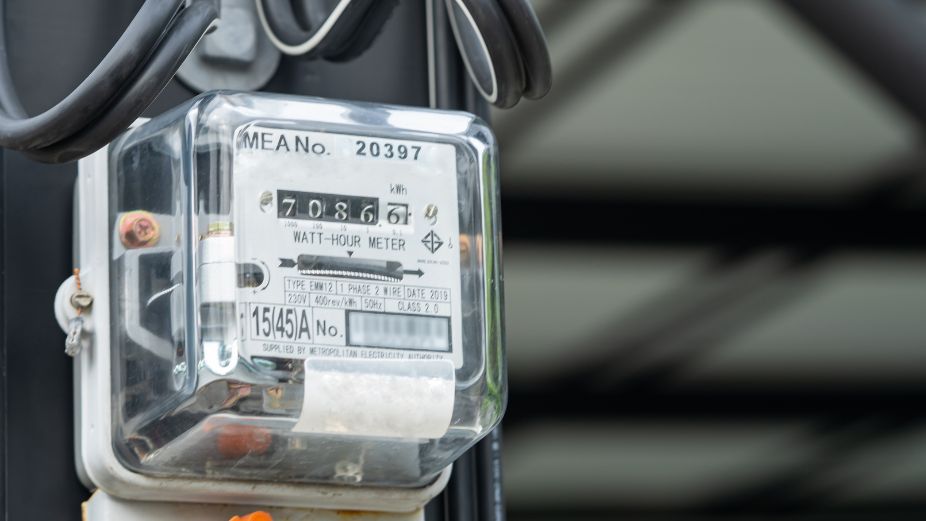
Government expenditure on subsidies saw a significant decline in 2025, with spending falling to MVR 1.09 billion as of 8 May, compared to MVR 1.39 billion during the same period last year. The nearly MVR 300 million reduction in subsidy disbursements highlights a shift in the government’s fiscal posture, despite an overall surplus in the national budget during the review period.
Subsidies form a substantial component of the Maldives’ recurrent expenditure, supporting sectors such as fuel, electricity, and food imports, particularly for vulnerable households and remote islands. This year’s cut suggests a tightening of non-targeted spending or changes in the structure of administered prices.
The reduced subsidy spending comes amid a broader decrease in recurrent expenditure, which fell to MVR 11.28 billion in 2025 from MVR 11.90 billion a year earlier. While salaries and pensions increased slightly, reaching MVR 4.82 billion, the government cut back notably on operational expenses and administrative supplies.
Despite the pullback in subsidies, other grant and welfare expenditures such as Aasandha (the national health insurance scheme) increased to MVR 735.8 million from MVR 657.4 million last year. Grants to councils and various public contributions also held relatively stable, signalling a prioritisation of decentralised development and healthcare even as broader fiscal restraint was applied.
Overall, total government expenditure from January to early May 2025 stood at MVR 12.3 billion, while revenues and grants amounted to MVR 14.25 billion, producing a surplus of nearly MVR 1.95 billion. The capital expenditure side remains limited, with just MVR 1.02 billion spent, suggesting that development projects have not picked up pace despite infrastructure commitments.












